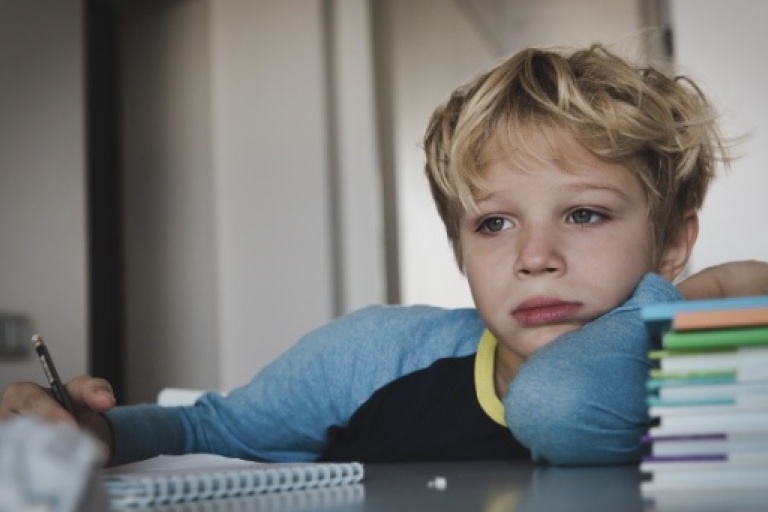Bedwetting Causes
Depression and Bedwetting
02 Nov, 2022
2.5 min. Read
Depression And Anxiety In Children Are Not Uncommon.
While we’re not suggesting that all children who deal with bedwetting will suffer from depression, it’s recognized that one of the causes of childhood depression can be a low self-esteem or low self-worth.What Is Depression?
Many children show signs of sadness or “low” moods. The primary symptoms revolve around:- Sadness
- Feeling hopeless
- Mood changes
- Irritability
- Anger
Depression And Anxiety In Children
Feelings of depression and anxiousness, stemming from low self-esteem, can be a result of bedwetting. That’s why it is important to be aware of the signs of depression so you can step in and take early and positive action, if it’s needed. Naturally, all kids go through many different things as they become big kids. It’s likely that every kid will at times feel a bit down. If your child’s mood impacts with their normal activities then that can be a sign that they may be developing depression. Children may be at greater risk of depression if they:- Are going through a stressful time
- Have suffered the loss of a family member, friend, or pet
- Have low self-esteem
- Have a family history of depression
- Are struggling at school
- Have suffered abuse
What Are The Signs Of Depression?
While depression and anxiety in children is a complex issue, there are key signs that you can keep an eye out for.- Does your child’s behavior change from being outgoing to being withdrawn in a short space of time? Often?
- Have your child’s school results and feedback from teachers changed dramatically?
- Does your child always seem to be sluggish and listless?
- Has your child become disinterested in family events and everyday life with family?
- If they have minor complaints such as a headache, does your child use it as a reason to avoid going to school?
- Does your child seem to have little-to-no interest in continuing friendships?
- Has your child talked about hurting themselves or wishing that they were dead?
- Is your child experiencing a severe loss of appetite, or do they eat for comfort and gain weight rapidly?
- Has your child been exhibiting what you consider to be an excessive number of negative behaviors?
- Has your child started to use alcohol or drugs as a way of “coping”?









